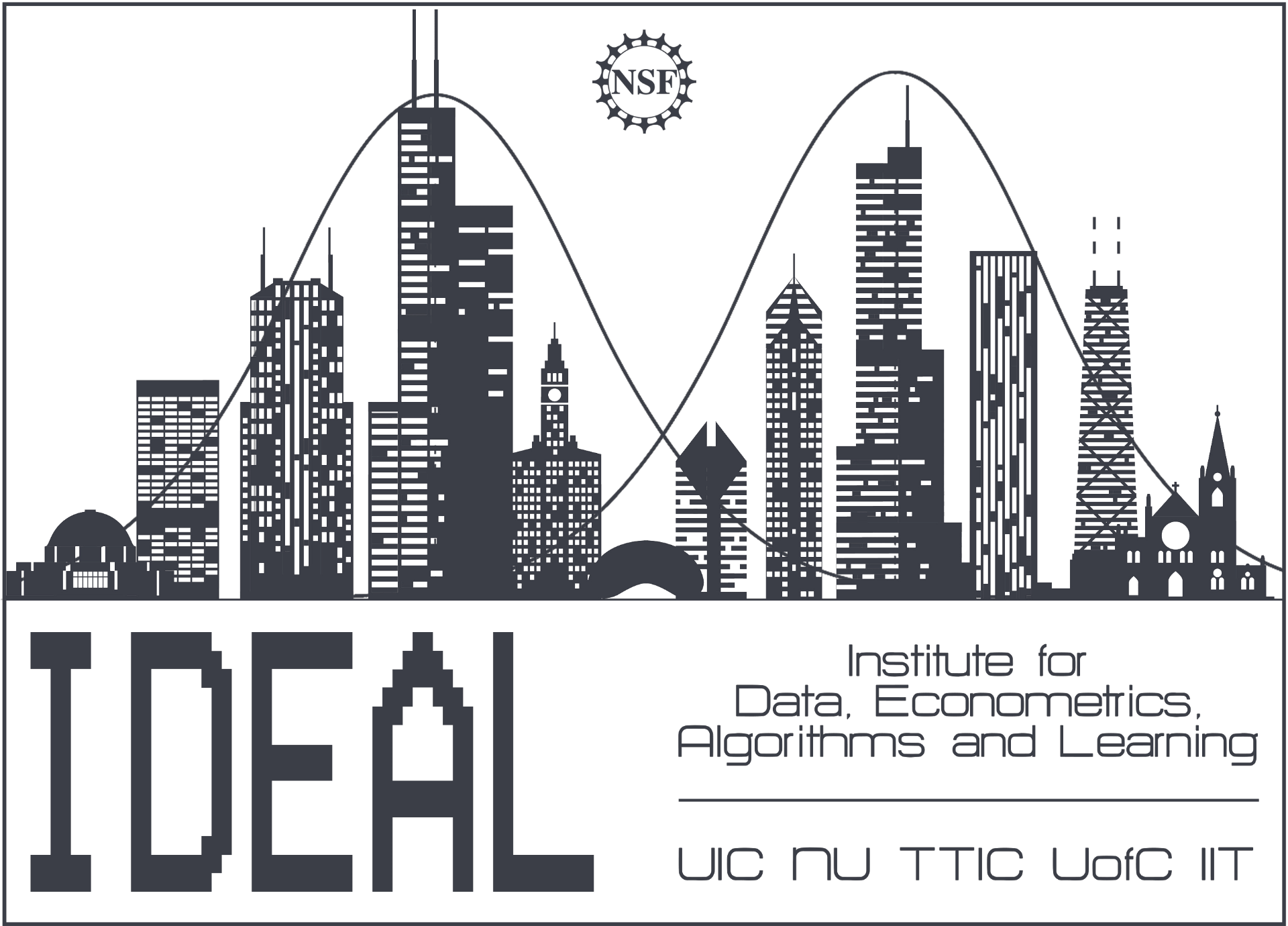Spring 2021
Data Science and Law
March 30 – June 6, 2021
Synopsis
Law, like many disciplines, finds itself grappling with the theoretical foundations of computation and data science. Algorithms, data analytics, and artificial intelligence are being used in legal-services delivery, governments, and courts, which are moving online. At the same time, law faces the challenge of keeping pace with emerging technologies and the proliferation of ethics principles. Effective law, regulation, and policy can help guide the design, development, and use of emerging technologies to minimize the potential risks and maximize the potential benefits for society.
Policymakers, practitioners, and researchers increasingly use empirical methods and evidence-based practice to evaluate laws, legal systems, and legal services. Likewise, the introduction of computation into the substantive and procedural mechanisms of law requires rigorous analysis of the effects, including on the rule of law, citizen participation, due process, and access to legal services and justice. Integrating these considerations into computer science requires the development of foundational definitions, methodologies, and algorithms, among other things.
While an increasing number of legal researchers engage in interdisciplinary research, conduct empirical legal studies, or have an interdisciplinary background, law has not fully realized the benefits of deep interdisciplinary engagement with many other disciplines, particularly the sciences. This special quarter highlights the abundant opportunities for interdisciplinary research between legal researchers and computer scientists, engineers, and data scientists. This research can help improve legal services, legal systems, and the law to improve access to legal services and justice for everyone. At the same time, interdisciplinary law and data science research that helps us learn about trust, fairness, bias, accountability, transparency, explainability, and auditability in the high-impact domain of law could make tremendous contributions to the body of knowledge required to address these challenges in other domains.
Organizers
- Jason D. Hartline, Professor of Computer Science, Northwestern McCormick School of Engineering
- Daniel W. Linna Jr., Senior Lecturer & Director of Law and Technology Initiatives, Northwestern Pritzker School of Law and McCormick School of Engineering (Computer Science
Workshops
- March 19, 2021: Algorithms and Their Social Impact
- April 30, 2021: CS+Law: Evaluation and Accountability
- May 28, 2021: CS+Law: Definitions for Algorithms
Graduate Courses
